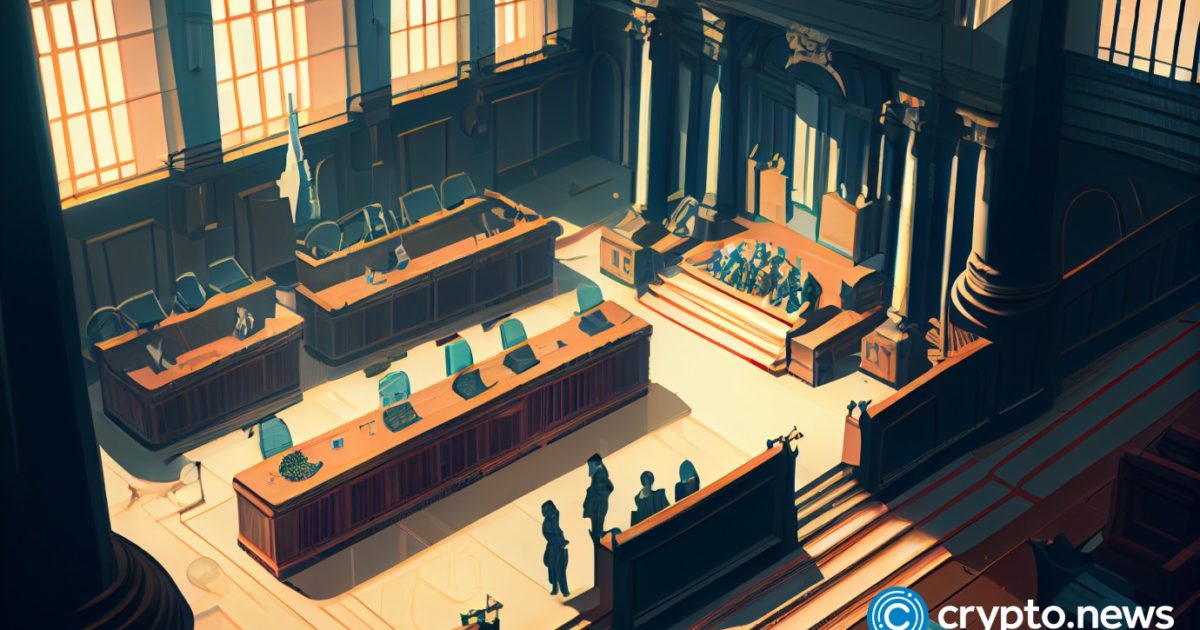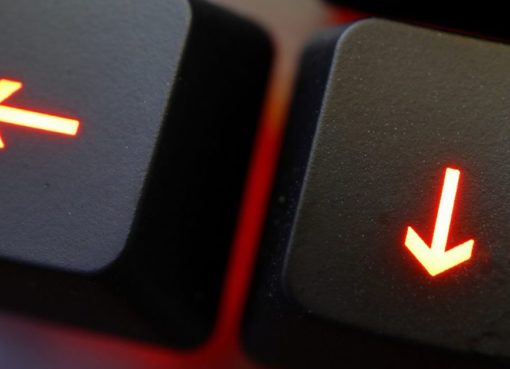A U.S. District Court has dismissed a class action lawsuit against Uniswap, one of the world’s top decentralized exchanges (DEXes), stating that the plaintiffs’ claims were “devoid of factual support”, highlighting ambiguities in current crypto regulations.
On Aug. 29, a class action lawsuit against Uniswap was dismissed by Judge Katherine Polk Failla, who is also overseeing a case by the U.S. Securities and Exchange Commission against Coinbase. The judge found that some of the allegations against Uniswap lacked factual evidence, rendering them untenable in a court of law.
The lawsuit, initiated last year, accused Uniswap, its founder Hayden Adams, and venture capital firms Andreessen Horowitz and Paradigm of contributing to “rampant fraud” on the exchange. Additionally, the suit contended that Uniswap should register with the Financial Industry Regulatory Authority (FINRA) and it was involved in the sale of unregistered securities.
In her ruling, Judge Failla pointed out the decentralized nature of Uniswap, stating that the identities of alleged Scam Token issuers are largely unidentifiable. This left the plaintiffs in a paradoxical situation where they claimed injury but could not point to a specific defendant.
The judge also noted that the current regulatory environment surrounding cryptocurrencies is still in flux, adding that it has not been definitively determined whether certain digital assets qualify as commodities or securities. She suggested that concerns around federal securities laws should be directed towards Congress rather than the judiciary.
One intriguing aspect of the ruling was the judge’s agreement with the defense’s analogy that held Uniswap’s situation similar to holding a “developer of self-driving cars liable for a third-party’s use of the car to commit a traffic violation or rob a bank.” The argument accentuated the notion that the developers of a technology shouldn’t necessarily be held accountable for how third parties misuse it.
Her ruling seems to bolster the sentiment that decentralized platforms, in their current state, fall outside the purview of traditional regulations. This could have broader implications, especially as legislators and policymakers continue to grapple with the landscape of digital assets and decentralized technologies.
Following the dismissal, Marvin Ammori, Uniswap’s chief legal officer (CLO), said the court’s decision hinted at a trend in legal perspectives, stating that the “Uniswap protocol has primarily lawful use and protocol developers aren’t liable when others misuse it.”




